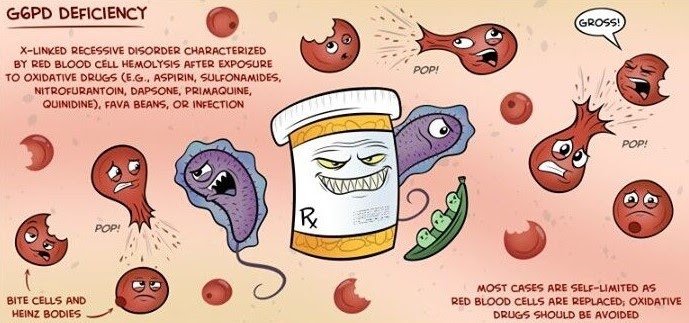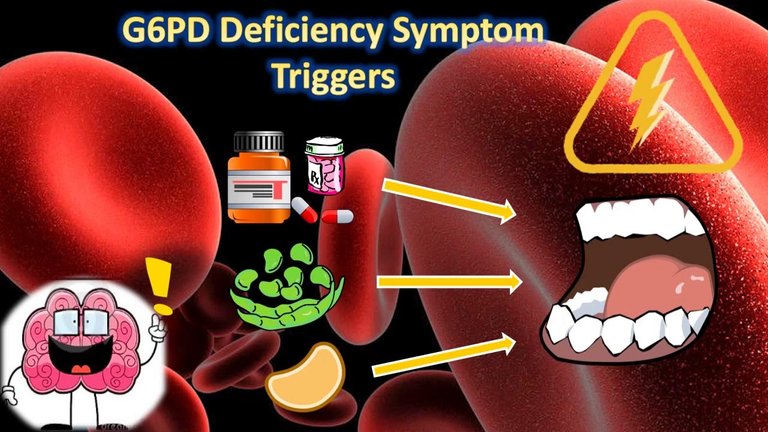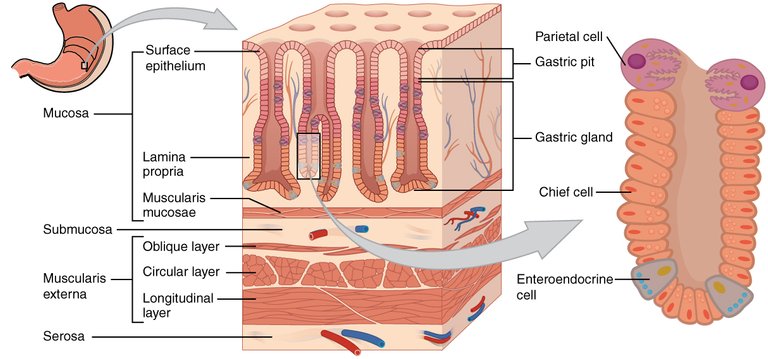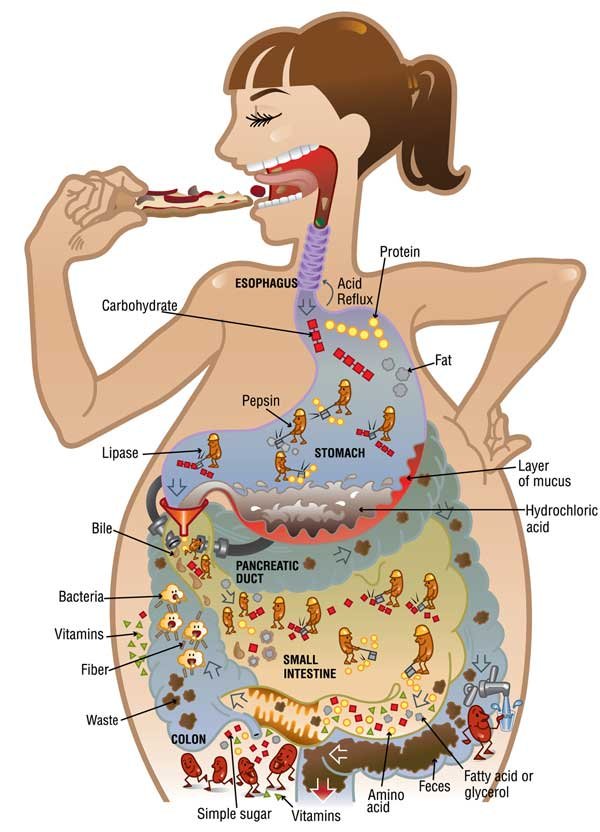My Favorite Topics of Science
Like I said in my introductory post, things concerning the biochemistry of the body interests me. For me, favorites are about more than just what I like best but also is concerned with a touch of what I relate to the most and sounds fun at the same time. My favorite topics are based on the ones in which I learned the most interesting facts about the body from. I am probably confusing you with this but if not, great, let’s carry on.
You know how we think we’re the masters of the things in our body just because for instance your hand moves when you want it to, turns out there’re much more bigger powers at play here. Or smaller if we’re being literal😅. The smaller enzymes and hormones of our body control the greater mass of our entire body with the reactions and processes they control. So it would seem instead of being the masters and drivers of our own body like we think, we’re just passengers and the enzymes and hormones in the body are the actual masters and owners of us. Hilarious right?You might not agree but it is because of interesting discoveries and realistions like these that I consider Intermediary Metabolism as one of my favorite topics or courses of science. Now that’s a very broad topic but why it is one of my favorites is because it gives us an in-depth understanding of the reactions and processes going on in our body right from when you wake up and hungry(glucagon action is stimulated and insulin repressed) to what happens when you just had a meal(insulin action stimulated and glucagon repressed).
The most important reason I love Intermediary Metabolism is because I discovered and learnt a whole lot about Glucose-6-phosphate-dehydrognase(G6PD) deficiency, an enzyme deficiency I was diagnosed with a couple of months back. This enzyme maintains the integrity of blood cells so blood cells tend to undergo hemolysis(premature break down) easily without enough of it. Sucks for me, I guess😏. The intriguing thing is it’s not just an enzyme deficiency but an X-linked(genetic) enzyme deficiency so a lot of people with this condition don’t even know about it😅. Certain foods and drugs like antimalarials and aspirin are not good for G6PD-deficient people.


Haven’t you ever wondered where the energy you use after hours of fasting comes from? The body always seems to have back ups and back up-back ups so that for every mistake or shortcoming, there is a counter solution in place. Under normal circumstances, the energy we use comes from our diets but under conditions like hunger or starvation our body uses alternate paths to get us the energy we need to function and survive. For instance, in a situation where you’re hungry with no food available, instead of breaking down glucose(glycolysis), gluconeogenesis is favored where we build up the glucose we need from glucose precursors in the body. The signal for this reverse process is given by glucagon.
Glucagon signals low energy in the cell

The digestive system is also one of my favorites because it’s fascinating what happens to all the food we send into our body, how our body processes it and measures or safeguards put in place to prevent body autolysis(self-digestion). Take for example, how the stomach walls are not digested by the acid produced in the stomach to aid digestion. Did you know the acid produced in the stomach is so strong it can dissolve a razor blade? I know I didn’t once upon a time😁. Now the million-dollar question is how is the stomach not digested by this very strong acid? You know the epithelial cells lining your stomach walls, they continually sacrifice themselves to protect deeper layers of the stomach wall along with the mucosa and in effect prevents your stomach from digesting itself. You probably should start saying thank you to them every time you eat from now. They’re doing their best job to keep your stomach from “eating” itself.

A dive into the digestive system informs us the stomach doesn’t do most of the digestion in the body like we used to believe growing up but that food nutrients and types are digested at several and different points along the digestive system. Brace for a weird question. Have you tried eating upside down before? You probably haven’t but if you had, you’d find out that food still reaches your stomach. Food doesn’t need gravity to move towards the stomach. Also the sphincters of the stomach and other organs prevent back flow of food just like valves prevent backflow of blood along blood vessels. You probably also didn’t know that your body produces 32 ounces or 2 cans of soda everyday. Gross🤢 I know but that’s us. After I studied the digestive system, I imagined what was going on in my body after every meal like okay so pepsin would’ve begun digestion in the stomach by now.
Once again, thank you for the stage to inform you about my favorite science topics. Thank you for reading. I hope you find it interesting and educative too😁

Science is innovative and professional. Science is what makes the world go round.creativity is all abt science.
Indeed, science is intriguing and mysterious. It’s fun
Fascinating :) I don't think I have ever heard it described as soda though, lol!!!
Yhh soda is just my way of not making you puke while reading lol
lol I figured that!